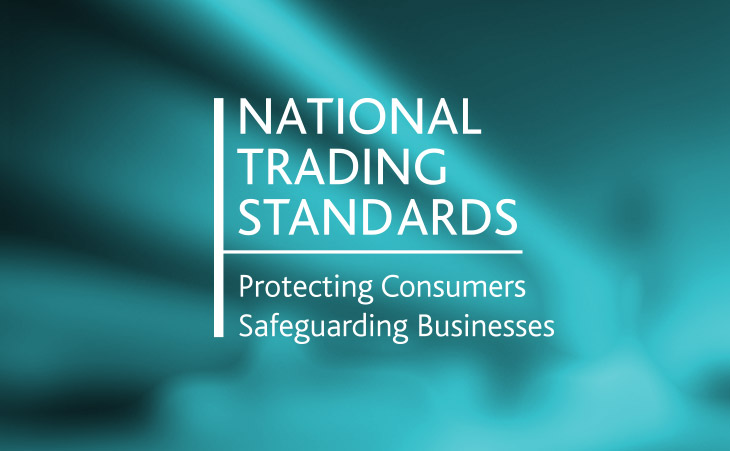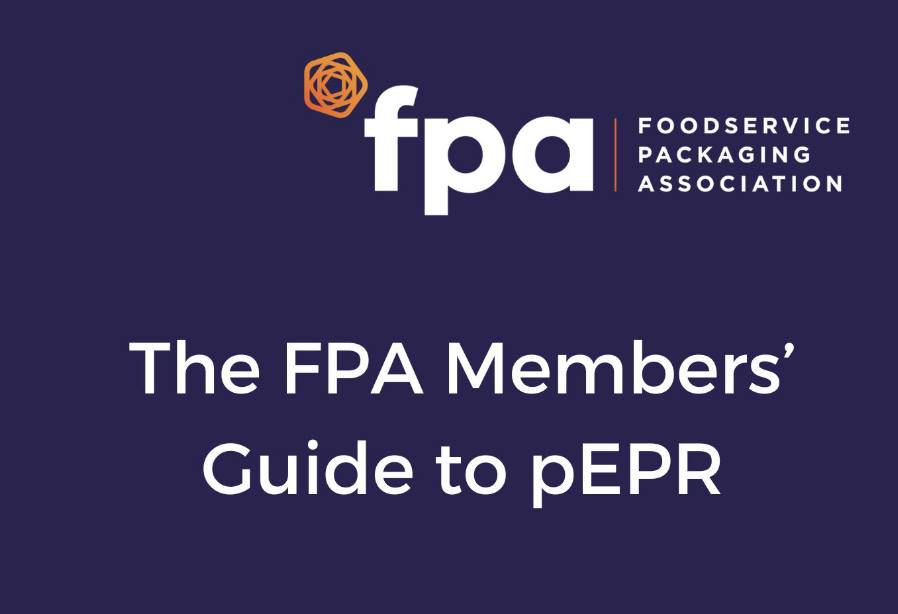The FPA Compliance Team

Challenging false claims
The massive increase in reported packaging environmental claims lacking evidence and substantiation spawned the establishment of the FPA Regulatory and Compliance Committee. The committee administers an independent and confidential procedure surrounding complaints of breaches, and its compliance team takes the necessary steps to ensure those who breach regulations are held to account.
The compliance process
- The process commences on receipt of a completed online compliance form, which is available to FPA members within the member hub of the FPA website (the login link is accessible via the orange bar at the top of each webpage).
- FPA members can complete the form to report or question a claim or claims being made by a company (which may or may not be an FPA member).
- Following an initial review of the claim, the compliance team will work with the FPA's Primary Authority partners, the Advertising Standards Agency, and other relevant parties to complete investigations.
- If the claim relates to a product, once product samples are made available, the compliance team will arrange for these to be tested by an independent accredited laboratory.
- The FPA member raising a challenge will be informed if their case has been upheld and the action taken or if the claim has been dismissed, and on what grounds.
Environmental Claims
An environmental claim is one made about a product, service, process or even a company as a whole that highlights one or more aspects which indicate some form of environmental benefit.
The claim can be ‘explicit’, for example, ‘made with 100% recycled material’, or ‘implied’, such as ‘eco-friendly. Even a company name can imply an environmental claim, e.g. ‘Eco-Bottles Ltd’.
Currently there is no specific legislation controlling environmental claims. They are considered like any other description applied to a product or service. Trading Standards enforce the law in this area and the penalties for breaching the law can range from fines to imprisonment – so it pays to be careful!
The Green Claims Code
The government has issued the ‘Green Claims Code’, which sets out six core principles to be followed when making such claims, which must:
- Be truthful and accurate.
- Be clear and unambiguous.
- Not omit or hide important relevant information.
- Ensure any comparisons are fair and meaningful.
- Consider the full life cycle of the product or service
- Be substantiated.

The FPA's Primary Authority Partnership
The FPA has entered into a Primary Authority Partnership with Buckinghamshire and Surrey Trading Standards to facilitate the progression of false foodservice packaging claims.
Impact to date
Reports made to local authorities via the FPA's Primary Authority Partnership
Challenges involving FPA members (2 against the same company)
Challenges involving non-members
False claims withdrawn
Banned SUP items removed from sale
Complaints logged by Trading Standards
Non-compliant businesses to be visited by Trading Standards
Case escalated to the Advertising Standards Authority
Calls fielded from FPA members with queries about compliance
FPA guides
Legislation unpacked
The FPA compliance team together with the SAGA Committee create easy- to-read guides for members, which unpack complex topics.
The first in this series is the FPA Members' Guide to pEPR, which members can access here
FAQs
Philip LeShirley, Senior Trading Standards Specialist and the main contact for the FPA’s Primary Authority Partnership, answers some of the typical questions FPA members are posing to the compliance team.
What is the role of Trading Standards in relation to changes to the law?
Which government department has responsibility for Trading Standards?
Does the FPA’s Primary Authority Partnership cover the whole of the UK?
How important is it for companies to substantiate claims?
What is the correct way for businesses to use accreditations and/ or certification?
How far should organisations go to ensure products supplied to them are supplied are as described?
Are all matters typically resolved and, if not, can a matter be taken to court?
How should organisations go about contacting the FPA Primary Authority Partnership to report a false claim?
Reporting an issue
FPA members wishing to raise a challenge against a company can access the online compliance form within the member hub of this website. Completion of the form ensures all the necessary information is provided in order for Trading Standards to investigate. On completion the form will be automatically forwarded to the FPA's compliance team to progress.
Not already an FPA member?
